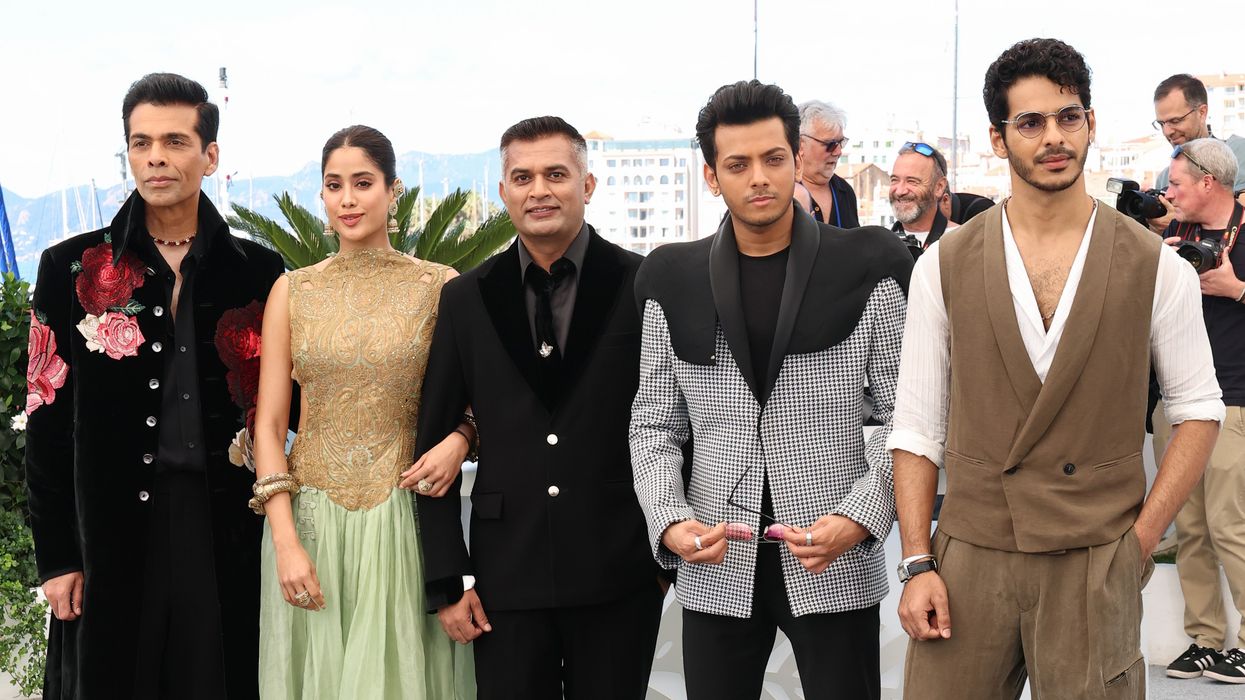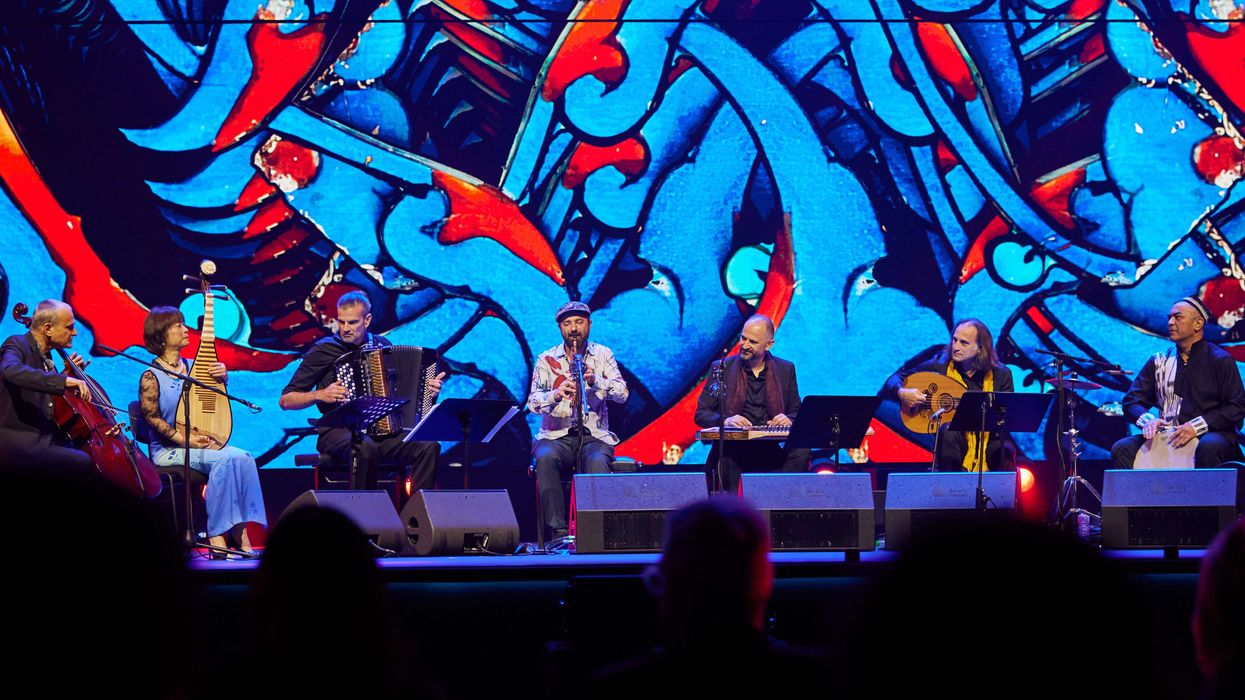On paper, Neeraj Ghaywan’s Homebound, which was premiered last Wednesday (21) at the Cannes Film Festival, may seem like a typical Bollywood tearjerker.
It follows two best friends who grow up together in a poor village and set out to take on the world, with their friendship and mettle tested at every turn.
But this is no average buddy movie. Set in northern India during the pandemic lockdowns, the moving epic goes far beyond a simple tale of friendship – one boy is Muslim, the other a low-caste Hindu.
Their unbreakable bond, forged in adversity, is the beating heart of the film, which so moved Hollywood legend Martin Scorsese that he got on board to help bring it to the world.
There are millions of such friendships which cross religious and caste divides in India, its director said, “but it has never been shown” before on the big screen.
“Only a handful of films have ever featured dalit (lower caste) stories and most of those were made by people from the privileged castes,” Ghaywan said.
Ghaywan is a dalit director from the lowest rung in the Hindu caste system and a rarity in the Hindi industry.
He believes he is the “first acknowledged dalit behind a camera in the history of Hindi cinema. That’s a stunning disparity,” he said.
And one that means the stories of the quarter of India’s 1.4 billion people who are tribals or come from castes once disparagingly known as “untouchables”, are not being seen.
“India and the world really needs to see their stories,” said Ghaywan, adding that with such a vast population “it is understandable that they are often talked of as just statistics.”
“I myself come from a marginalised background. I am a dalit. So there’s a lot of me in the movie,” said Ghaywan, who lives near Mumbai but grew up in the south of the country. It is also loosely inspired by a heartbreaking real-life tale of poor workers who set out on foot on an epic journey back to their village from the city during the Covid lockdowns.
Ghaywan brought his two leading actors, Ishaan Khatter and rising star Vishal Jethwa, out to the villages to see the lives of India’s poor from the inside
. “We did a long immersive exercise,” Ghaywan said. “We got to know people and ate in their homes. It was genuinely such a humbling experience.”
There was a nine-minute standing ovation following the screening in the Un Certain Regard segment at the Debussy Theatre last week. The cast was joined by producer Karan Johar.
Khatter said he had loved and admired Ghaywan for many years, while Jethwa said Homebound feels like a step forward for “all of us”.
Knowing he has to get past India’s censors, Ghaywan insisted he tried to avoid politics or inflaming tensions.
Sandhya Suri’s movie Santosh, which premiered at Cannes last year, still hasn’t been screened in India despite winning a heap of international awards.
Santosh shone a light on sexism, religious discrimination and corruption in the Indian police as well as the treatment of lower caste people.
“I like to keep politics underneath the narrative, because if your politics supersedes the story it’s just propaganda. Even good propaganda is propaganda. It’s not cinema,” Ghaywan added.
Emotion, however, holds no fear for Ghaywan. “I embrace it. I make no apologies for it. We Indians are an emotional people and this is a story that brings up a lot of them,” he explained.
Industry insiders have “bawled and bawled” at private screenings of the film, he said, with Scorsese saying that “Neeraj has made a beautiful film that’s a significant contribution to Indian cinema.”
The noted filmmaker said he wasn’t surprised that Cannes snapped it up for its secondary “Un Certain Regard” selection after Ghaywan won two prizes there in 2015 with his debut film, Masaan. Flattered as he is, Ghaywan said that “I did not make the movie for festivals” or arthouse audiences.
“The most important thing is that it is seen in India,” he said.
Ghaywan stressed that Homebound is “attacking no one”, with its story even set “in a fictional state”.
(AFP, PTI)




